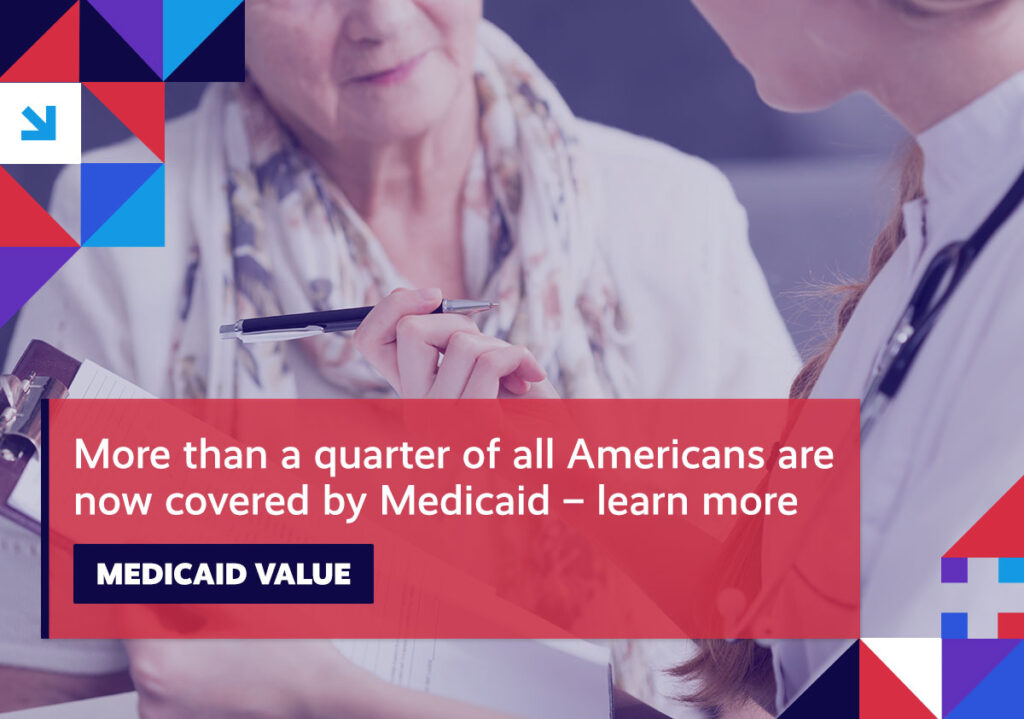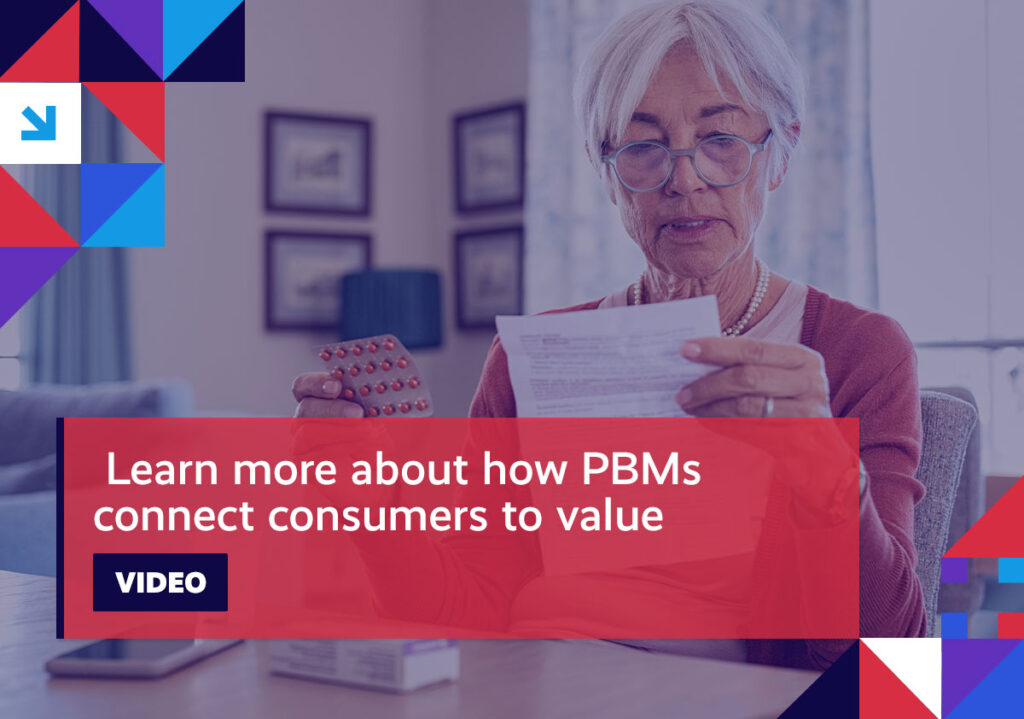A quick roundup of the issues driving the healthcare reform conversation.
Item of the Week

Spotlight
HOSPITAL INVESTMENTS Bad investments to blame for large health systems’ financial woes.
Quick takeaway: According to a recent study, investment losses are the primary driver of the financial strain that nonprofit hospitals are citing to justify their attempts to secure additional federal funding assistance.
Further context: As previously highlighted, nonprofit hospitals have come under increased scrutiny as many of these systems have been shown to spend far less on charity care than the value of the tax breaks they receive.
What it means: As the study’s authors point out, it’s important that policymakers keep these risky investments in mind as they consider whether or not to bail out these nonprofit systems, arguing that taxpayers should not be made to foot the bill for these losses.
INSULIN PRICES A reminder that Big Pharma bears responsibility for the price of insulin.
Quick takeaway: With Congress focused on insulin costs, stakeholders are reminding lawmakers that drug manufacturers are the sole entity responsible for setting – and, raising – the price of insulin.
Digging deeper: In fact, between 1996 and 2006, the price of insulin increased 700 percent. Further:
- Over the past decade, the three largest insulin manufacturers aggressively raised the list price of their products without any significant advances in efficacy
- For years, these companies have engaged in “shadow pricing,” in which their respective price increases happen in lockstep
- Spending on insulin research and development was a fraction of manufacturers’ revenue and sales and marketing expenses
Rx VALUE A new paper explores the expansion of value-based payment programs and their impact on pharmacy benefits.
Quick takeaway: The application of value-based payment (VBP) design in pharmacy benefits seeks to integrate and capitalize on the expanded roles that pharmacies and pharmacists have adopted beyond medication dispensing and adherence to include medication adjustment, vaccinations, and outcomes monitoring.
Further context: As featured in last week’s newsletter, the majority of health plans now engage in value-based prescription drug contracts. The transition away from fee-for-service to a VBP model continues to reshape the contours of healthcare delivery in this country.
What it means: The key takeaways from the report include how:
- The expanded scope of services provided by pharmacists present an opportunity to increase value across the system
- VBP has a positive effect on clinical outcomes
- Standardized specifications should be adopted to address pharmacists’ expanded role
- Enhanced engagement and coordination will help promote cooperation between health plans and pharmacies in establishing VBP programs
SURPRISE MEDICAL BILLS A bipartisan majority of voters agree that the No Surprises Act (NSA) has been successful in preventing surprise medical bills.
Further context: However, in a recent poll, respondents expressed concern that provider lawsuits challenging implementation of the new rules will drive up costs. Not only that, the vast majority of voters also said they’re worried that private equity-backed interests will weaken the patient protections included in the NSA.
What it means: Stakeholders point to the polling results as further evidence that the NSA is working as intended and plays a critical role in protecting patients from surprise medical bills despite the numerous provider-backed lawsuits threatening to undo these critical patient protections.
Spotlight

| You can keep up with the latest by following the Health Action Network on Twitter and by liking us on Facebook. And, be sure to check us out on LinkedIn, too. As always, let us know if there’s something you’d like to see covered in a future newsletter. |
The Health Action Network includes everyday Americans—families, workers, businesses, patients, providers, neighbors, and friends. We are working together because we support market-based solutions that offer better healthcare choices and help build a stronger economy. The Health Action Network is an Elevance Health, Inc., initiative.
